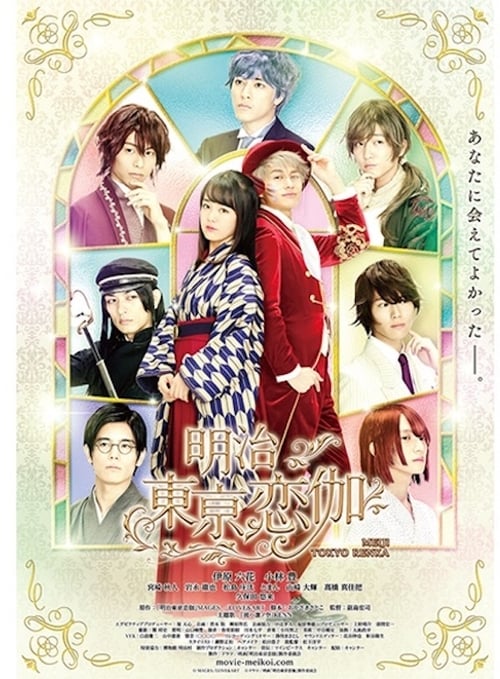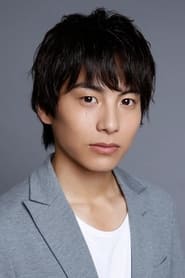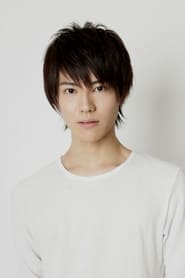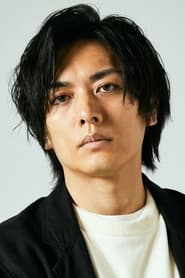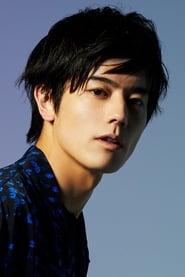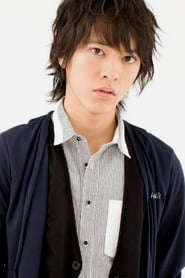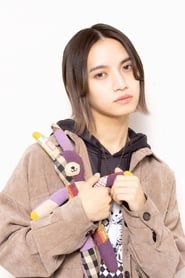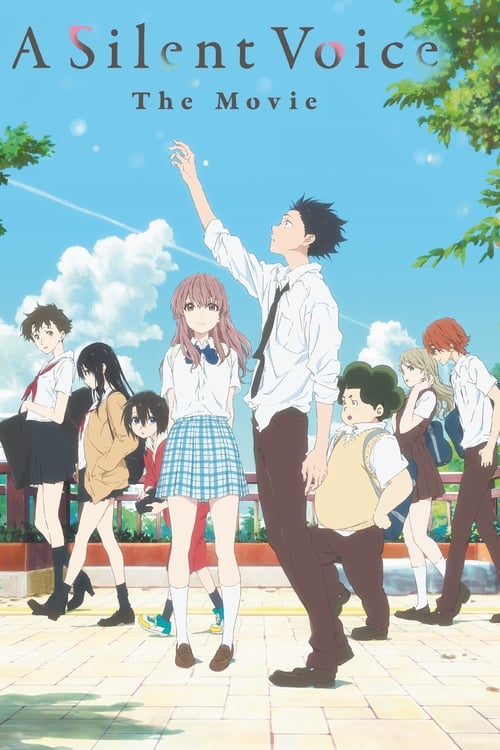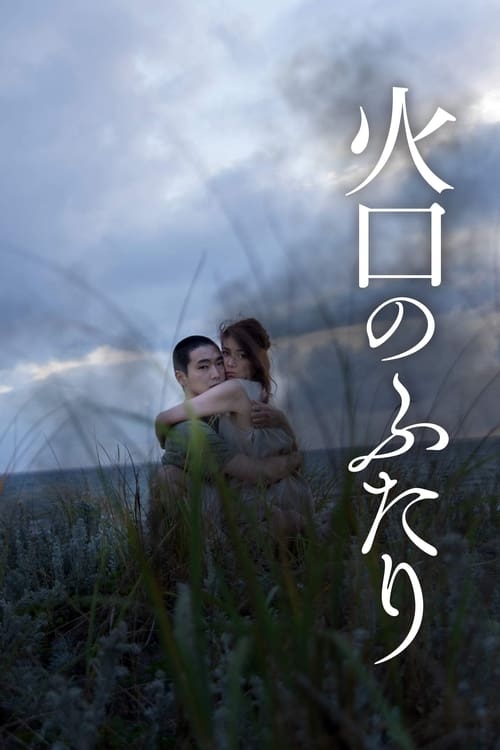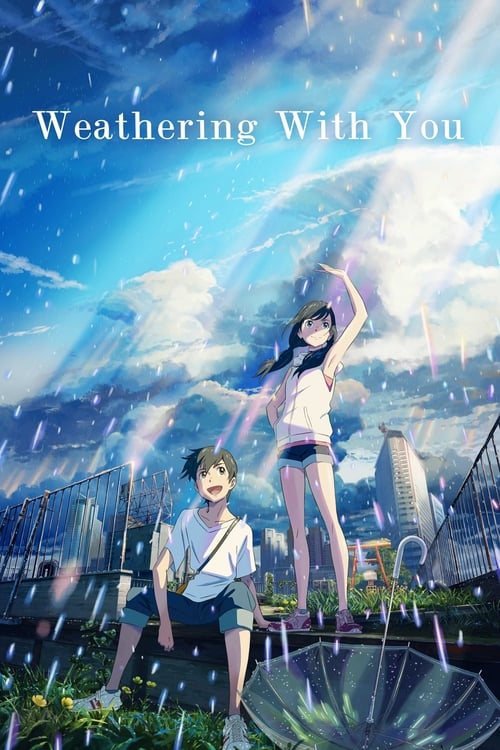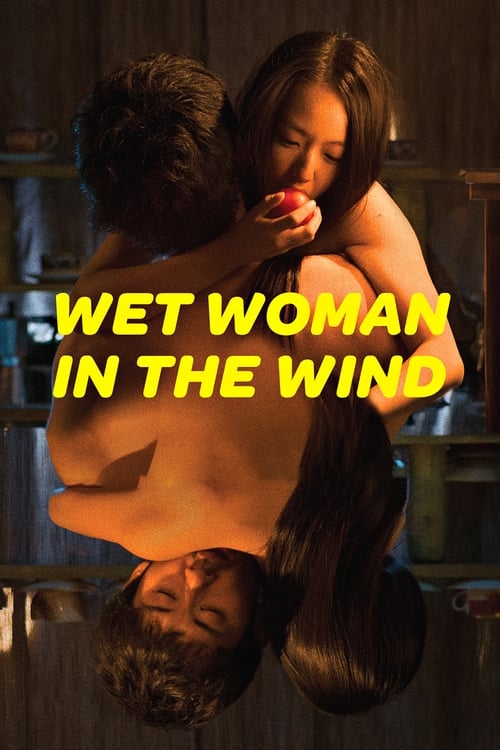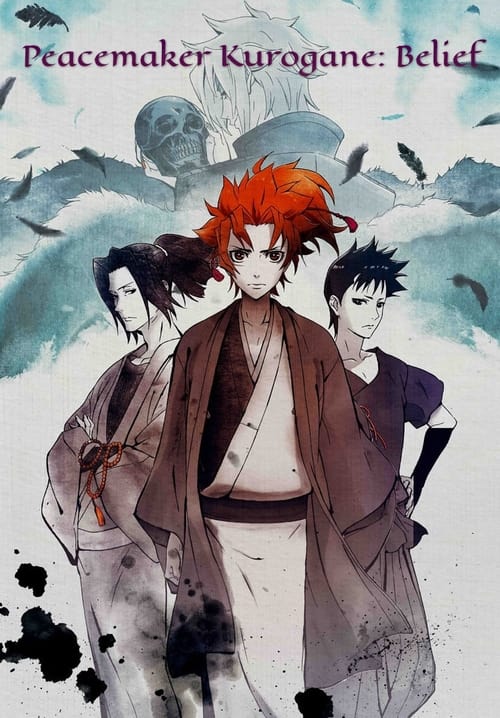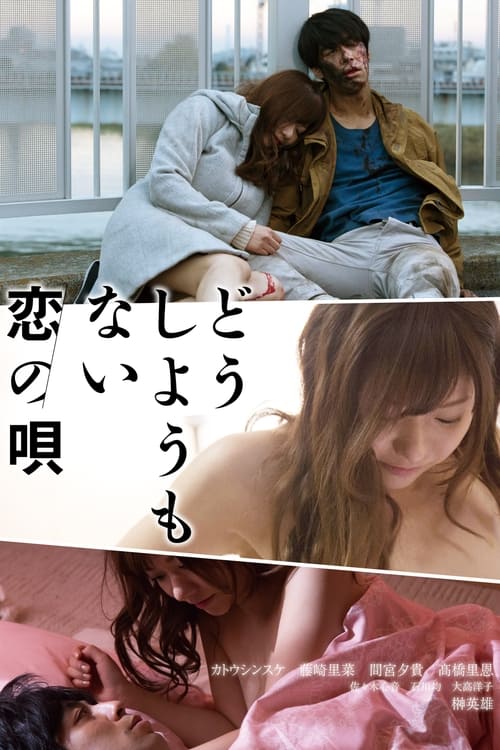
Ask Your Own Question
What is the plot?
More Movies Like This
Browse All Movies →What is the ending?
In the ending of "Meiji Tokyo Renka," the protagonist, Miku, faces a poignant choice between her life in the present and her feelings for the historical figures she has come to know and love. Ultimately, she decides to return to her own time, leaving behind the world of Meiji Tokyo and the people she has grown close to. The film concludes with a bittersweet farewell, emphasizing the themes of love, sacrifice, and the passage of time.
As the final scenes unfold, Miku stands in the beautiful garden of the Meiji era, surrounded by the vibrant colors of blooming flowers. The air is thick with emotion as she prepares to say goodbye to the friends she has made, particularly to the enigmatic and charming figure of Ougai Mori, who has captured her heart. Miku's eyes glisten with unshed tears, reflecting the weight of her decision. She feels a deep connection to this world, yet she knows she must return to her own life.
In a heartfelt moment, Ougai expresses his feelings for Miku, revealing the depth of his affection and the impact she has had on his life. He understands her choice, but the pain of separation is palpable. Miku reassures him that their memories will always remain in her heart, and she promises to cherish the time they spent together. The other characters, including the spirited and supportive Shun, gather around, each offering their own farewells, filled with warmth and sadness.
As Miku steps back into the portal that will take her home, she glances back one last time, taking in the faces of her friends. The scene is filled with a soft, golden light, symbolizing the beauty of the moments they shared. With a final wave, she disappears into the light, leaving the Meiji era behind.
In the present day, Miku awakens in her own time, surrounded by the familiar sights of her modern life. However, she carries the memories of her experiences and the relationships she formed in Meiji Tokyo. The film closes with Miku reflecting on her journey, a smile on her face as she recalls the love and friendships that transcended time. The ending emphasizes the enduring nature of love and the bittersweet reality of parting, leaving viewers with a sense of hope and nostalgia.
Is there a post-credit scene?
Yes, "Meiji Tokyo Renka" features a post-credit scene that adds a whimsical touch to the film's conclusion.
As the credits roll, the scene opens with a serene view of the Meiji-era Tokyo skyline, bathed in the soft glow of twilight. The camera pans down to a quaint street where we see the main character, Miku, dressed in her traditional attire, walking with a gentle smile on her face. She appears contemplative, reflecting on her journey through time and the relationships she has formed with the historical figures she encountered.
Suddenly, the atmosphere shifts as she hears a familiar voice calling her name. The scene transitions to a lively gathering at a nearby café, where Miku is greeted by the charming figures from her past adventures, including the dashing Sakamoto Ryoma and the enigmatic Oda Nobunaga. They are all laughing and sharing stories, creating a warm and inviting atmosphere.
Miku's eyes light up with joy as she joins them, and the camaraderie among the group is palpable. The scene captures the essence of friendship and the bonds that transcend time, emphasizing Miku's growth and the impact of her experiences. As they toast to their memories, the camera zooms out, showing the vibrant life of Meiji Tokyo around them, symbolizing the blend of past and present.
The post-credit scene concludes with a playful moment where Miku playfully teases one of the characters, leaving the audience with a sense of hope and the idea that their adventures continue beyond the film's narrative. It serves as a heartwarming reminder of the connections made and the enduring spirit of the characters, inviting viewers to cherish their own memories and relationships.
Who is the main character in Meiji Tokyo Renka and what motivates her journey?
The main character in Meiji Tokyo Renka is a young woman named Miku Saito. She is a high school student who finds herself transported back to the Meiji era. Miku is motivated by her desire to understand her own identity and to find her place in a world that feels foreign to her. Her journey is driven by her interactions with historical figures and her quest for love and self-discovery.
What is the significance of the character Ougai Mori in Miku's life?
Ougai Mori is a prominent figure in Miku's journey, serving as both a mentor and a romantic interest. He is a famous writer in the Meiji era, and his character embodies the struggles of creativity and societal expectations. Miku is drawn to his passion for literature and his complex personality, which helps her navigate her own feelings and aspirations. Their relationship deepens as they share moments of vulnerability and inspiration.
How does Miku's relationship with the character Shunsuke Aoi develop throughout the film?
Miku's relationship with Shunsuke Aoi evolves from initial friendship to a deeper emotional connection. Shunsuke, a charming and charismatic character, represents the allure of the Meiji era. As they spend time together, Miku finds herself captivated by his charm and kindness. Their bond is tested by the challenges of their different worlds, but ultimately, they support each other in their personal growth, leading to a poignant romantic tension.
What role does the setting of Meiji Tokyo play in shaping the characters' experiences?
The setting of Meiji Tokyo is crucial in shaping the characters' experiences, as it reflects the transition between tradition and modernity. The vibrant streets, historical landmarks, and cultural shifts create a backdrop that influences Miku's interactions with the characters. The contrast between her contemporary life and the historical context of Meiji Tokyo forces her to confront her own values and aspirations, enriching her character development.
What challenges does Miku face in adapting to life in the Meiji era?
Miku faces several challenges in adapting to life in the Meiji era, including cultural differences, societal expectations, and her own feelings of isolation. She struggles to fit in with the customs and norms of the time, often feeling out of place. Additionally, her emotional turmoil regarding her relationships with the historical figures adds to her internal conflict, as she grapples with the implications of her presence in a time that is not her own.
Is this family friendly?
"Meiji Tokyo Renka," produced in 2019, is generally considered suitable for a family audience, but it does contain some elements that may be sensitive for children or those who are particularly sensitive. Here are a few aspects to consider:
-
Romantic Themes: The film explores romantic relationships, which may include emotional tension and unrequited love. Some scenes may depict longing or heartbreak.
-
Historical Context: The setting in the Meiji era may involve themes of societal change and personal struggles, which could be complex for younger viewers to fully understand.
-
Supernatural Elements: The presence of spirits and supernatural occurrences may be unsettling for some children, depending on their sensitivity to such themes.
-
Emotional Conflict: Characters experience personal dilemmas and emotional struggles, which may evoke feelings of sadness or distress.
-
Mature Situations: While not explicit, there are moments that hint at adult situations or relationships that may not be appropriate for very young viewers.
Overall, while the film is not overtly objectionable, parents may want to consider these elements when deciding if it is suitable for their children.

